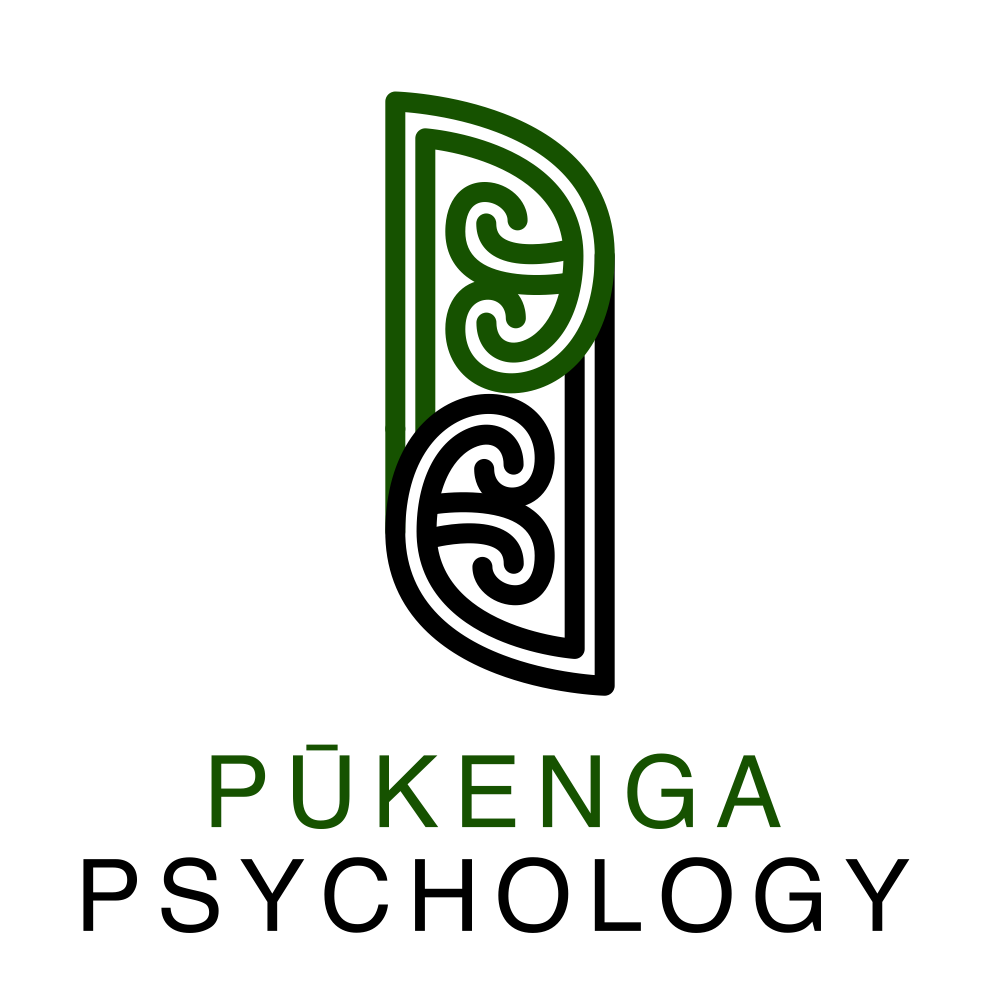I have been thinking a lot about mana of late, mainly how our actions can enhance - whakamana, or detract - whakaiti our own and others mana. The concept of mana itself holds profound significance, representing power, authority, and prestige. Mana is not only inherent within individuals but also extends to objects, places, and relationships. Mana is one of the most valuable things we have and something not be taken for granted, munched on for self-serving means or to be put at risk, especially not because of ego.
Similarly, values play a pivotal role in shaping one's identity, expression of mana, and in turn guide our behavior. It is essential to have insight into this relationship of values and mana.
Values serve as guiding principles that inform our thoughts, attitudes, and behaviors. They reflect what we deem important and desirable in life, influencing our choices and priorities. It's not enough to merely identify our values; we must delve deeper into what has shaped them.
Our values are often shaped by our upbringing, cultural background, personal experiences, and interactions with others - for Maori this does include influences from colonization.
Mana, in its essence, is closely intertwined with values. The mana we embody is a reflection of the values we uphold. When our actions align with our values, we demonstrate integrity and authenticity, enhancing our sense of mana. Conversely, acting in contradiction to our values can diminish our mana and erode trust and respect.
By understanding the relationship between mana and values, we can cultivate greater self-awareness and purpose in our lives. We must take the time to reflect on the origins of our values and critically examine how they manifest in our thoughts, behaviors, and relationships. Through this process of exploration and introspection, we can ensure that our actions are congruent with our deepest beliefs and aspirations, thus enhancing our sense of mana and personal fulfillment.
When talking to my tangata whai ora about mana I often refer to Pa Tate’s mahi from dynamics of whakawhanaungatanga which talks to the need for the balance in our actions around the values of tika, pono and aroha.
When we act from this space then its easier to maintain our own or others mana. When we dont, or the three are slightly out of whack then we are risking our own or others mana. Yes that also means when we just operate from a place of aroha it can diminish.
Tika refers to the concept of righteousness or doing what is right and just. It encompasses honesty, fairness, and integrity in all actions and decisions. Acting with tika means adhering to moral principles and upholding ethical standards, even in the face of challenges or temptations.
Pono translates to truth or sincerity. It emphasizes the importance of being genuine and authentic in all aspects of life. Living with pono entails honesty with oneself and others, as well as a commitment to transparency and accountability. Pono encourages people to align their words, actions, and beliefs, fostering trust and credibility in relationships.
Aroha is often described as love, compassion, or empathy. It represents a deep sense of care, kindness, and connection towards others. Acting with aroha involves showing understanding, support, and generosity towards others, regardless of differences or circumstances. Aroha fosters harmonious relationships and contributes to a sense of belonging and unity within communities.
Some activities to go a bit deeper into values:
- Explore your whakapapa and heritage by researching whanau members, roles held, events that changed the activities or trajectories of your whanau. Reflect on the stories, traditions, and values passed down through your Tipuna and consider how they have influenced your own values and identity.
- Dive into the history of Aotearoa and its impact on your whānau. Discuss significant events, such as colonization, the Treaty of Waitangi, and cultural revitalization movements, and consider how these historical factors have shaped your family's values and experiences. What are the times that it has caused mamae, but more importantly when are the times it has brought strength, comfort and identity?
- Arrange a gathering with members of your whānau to share stories, memories, and experiences. Explore how different family members have been influenced by their upbringing, cultural background, and life experiences, and discuss the values that are important to each person. Find similarities that you share value wise, and celebrates times people have stepped into their mana.
- Create a collage or visual representation of your values by gathering images, quotes, whakatauki, moteatea, karakia and symbols that resonate with you. Arrange them in a way that reflects the importance and interconnectedness of your values, and use the collage as a reminder of what matters most to you.
- Start a journal to reflect on your values and their significance in your life. Write about key experiences, moments of challenge or growth, and how your values have guided your decisions and actions. Use the journal as a tool for self-discovery and personal growth.
- Organize a time to wananga with friends or colleagues to explore shared values and perspectives. Facilitate open and honest korero about what matters most to each person and how values shape individual and collective behavior. Encourage active listening and mutual respect as participants share their insights and experiences.

